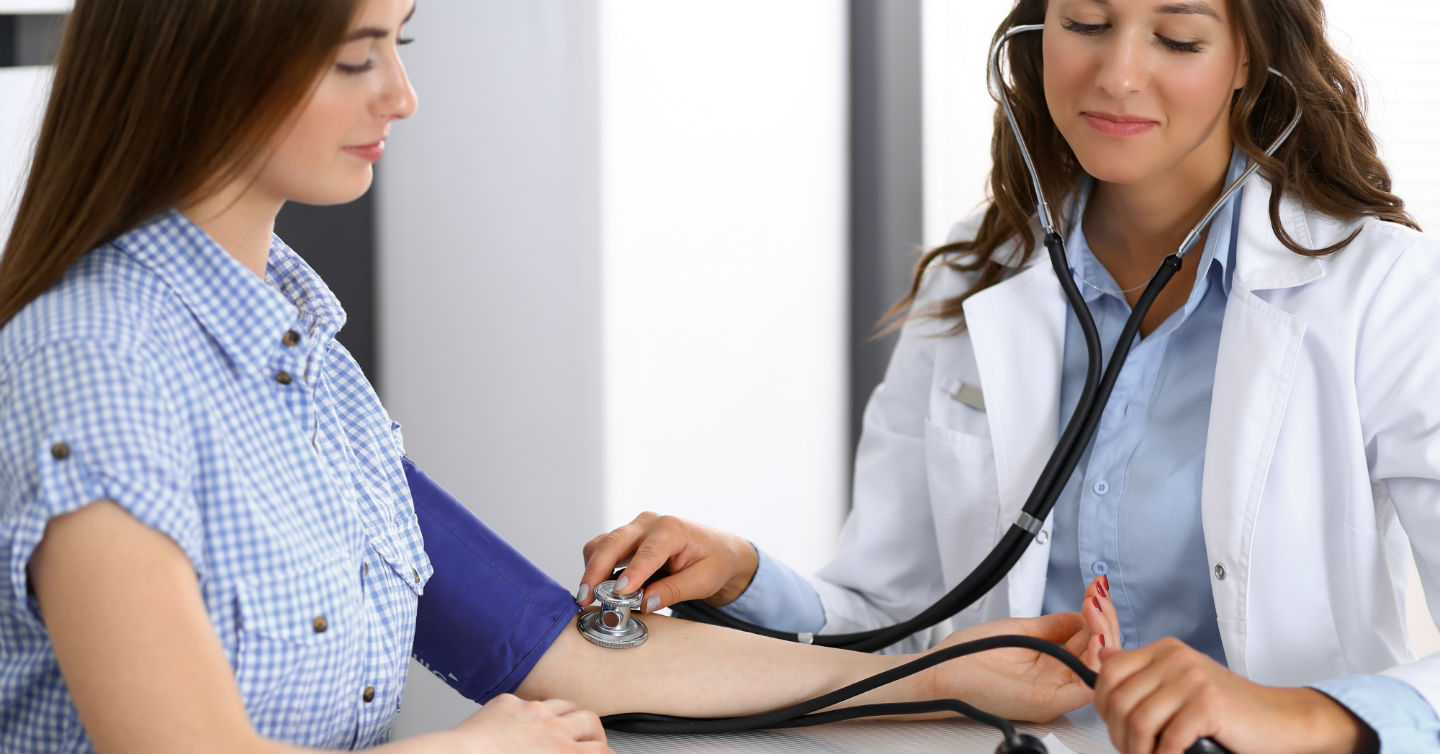January is Cervical Health Awareness Month

According to the National Institute of Health, cervical cancer develops slowly, starting as a precancerous condition called dysplasia. Approximately 12,000 women are diagnosed with cervical cancer each year. Of those 12,000, about one-third will succumb to the cancer. The good news is that it’s preventable and treatable with screenings and vaccination.
January has been named cervical health awareness month to encourage women to be screened for cervical cancer and get the human papillomavirus (HPV) vaccine. Even though cervical cancer is a condition that can easily be prevented and treated, it’s still considered a serious illness. Symptoms may not show up until the cancer is advanced and include unusual discharge, abnormal vaginal bleeding, periods that last longer than usual or have a heavier flow and bleeding after menopause.
HPV is very common and the main cause of cervical cancer. An estimated 75 percent of the reproductive-age population has been infected with one or more types of genital HPV. Typically, the virus has no symptoms and goes away on its own if you have a healthy immune system. However, in a small percentage of women, a high-risk strain of HPV occurs and that is what causes nearly all cases of the cancer.
The HPV vaccine is an easy way to prevent the virus. It’s given in three doses and should be given to girls before they are sexually active, preferably between the ages of 11-26. There are also two tests that can be performed to check for cervical cancer. One is the Pap test, which looks at cells from the cervix for abnormalities that could become cancer if not treated. A second test, called an HPV test, can also be administered. When given the Pap test and the HPV test together, abnormalities are less likely to be missed.
Because there are often no noticeable symptoms of cervical cancer in its early stage, it’s important to be screened regularly and receive the HPV vaccine. Thanks to the health care reform law, you and your family members may be able to get these services at no cost to you. To find out if you’re covered, call our customer service department at 920-727-1300 or 800-826-0940 from 8 a.m. to 5 p.m. Monday, Wednesday, Thursday and Friday or from 8 a.m. to 4 p.m. on Tuesdays.



